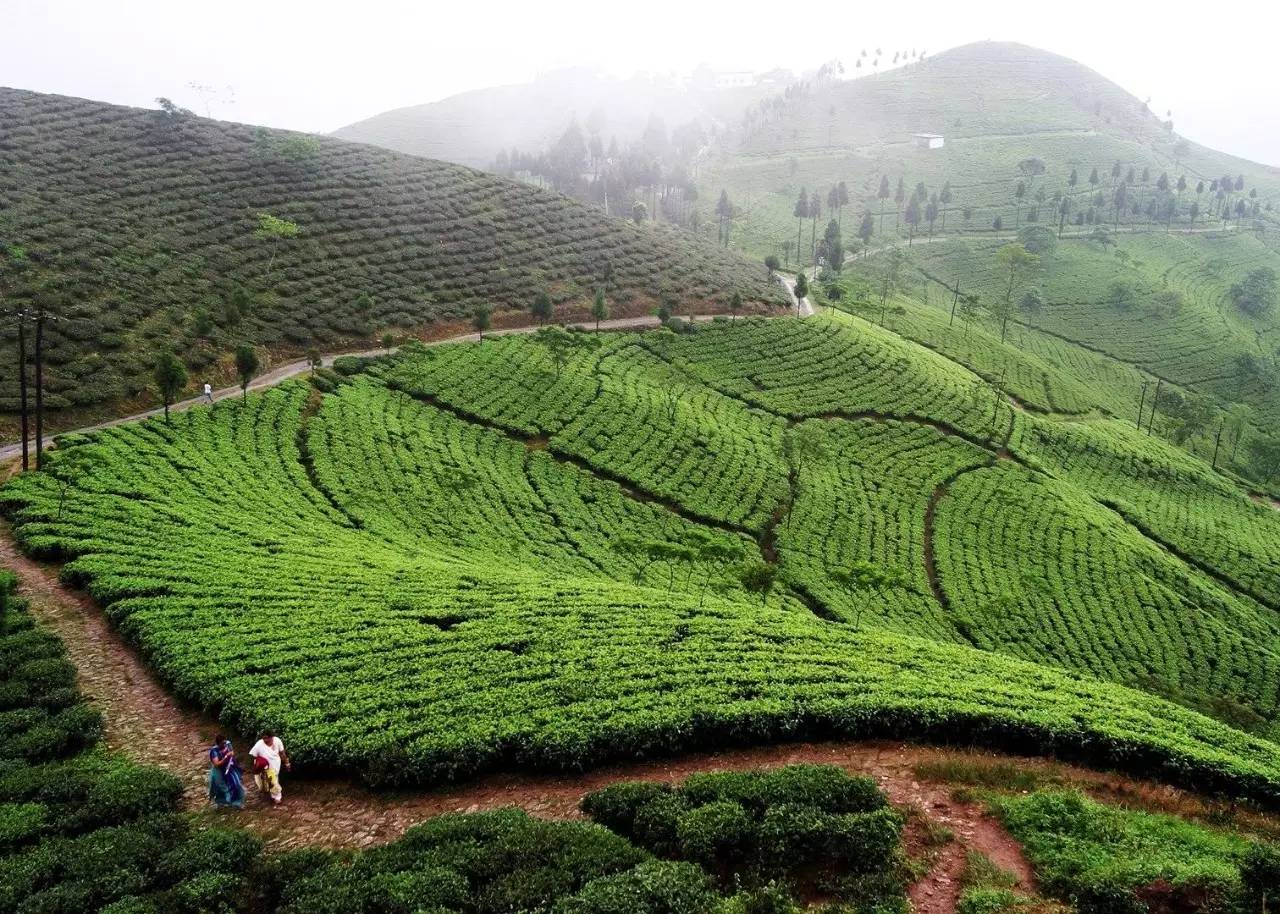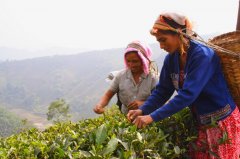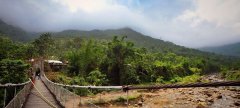Is Darjeeling black tea produced in the Himalayas? where is Darjeeling black tea the most authentic? how to buy it?
Darjeeling Tea Garden was once developed in England. Because of the high altitude, Chinese varieties can survive in Darjeeling. Chinese varieties need cold weather, which other British colonies cannot adapt to. This is why the tea from the Darjeeling tea garden at a higher altitude is very good. The British introduce a very traditional and rational approach. They developed a very effective management system, guided by military style, introduced property management system, implemented effective machinery, and successfully produced high-quality tea in large quantities.
Even after India's independence from Britain, the same organization, management system and machinery, such as Orthodox rolling mills, are still in use today. But recently, this Darjeeling tea garden is about to change. Attempts are being made to develop original tea production methods and introduce biological garden management. The dawn of the new Darjeeling era has just begun.
Darjeeling is located on the slopes of the Himalayas in the Indian state of West Bengal. The common way to Darjeeling is to take train or Air Plane, via Calcutta or Deli. The town at the foot of Darjeeling is called Sinigri. It takes 2-3 hours to drive to Darjeeling town. Darjeeling has a lot of real estate. According to altitude, there are three types: low growth, medium growth and high growth. The higher the elevation of the tea garden, the more mellow the taste, which is the trend of the development of the tea garden. However, tea gardens with medium planting and above also have the ability to produce good Darjeeling Tea.

Because of the high altitude and many valleys and rivers, Darjeeling is always covered with fog. We can see the Himalayas in the early morning when the weather is fine. Usually from 10:00 in the morning, most of Darjeeling, let alone the tea garden, is completely shrouded in fog. Due to the existence of heavy fog, the bitter taste of tea is reduced, and the taste becomes very mellow.
In order to obtain this certification, organic tea gardens not only need to control the use of pesticides, but also need to use their own resources to produce fertilizers and natural pesticides.
The use of fertilizer is not allowed unless a third party can confirm and prove that it does not contain any pesticides. Therefore, they produce their own fertilizers to ensure strict standards. To do this, they use grass cut from their manor, then water it regularly and pile it in a pile to make their own humus.
The manager of the tea garden has very strict rules. Instead of using powerful pesticides to kill insects, they extract extracts from natural herbs. There are many herbs growing in their manor, which are extracted and sprayed on the tea trees. However, the extract of these herbs is not intended to kill insects, but to force them to leave the tea garden. The manager mentioned that his policy is to "live or go", which means either insects live in the tea garden, do not hurt the tea, or leave. Some of the herbs they extract have a very bitter taste or a strong smell, so insects are not attracted. The herbs in the manor are harvested regularly and soaked in a water bath. After 2 weeks, the plant decomposes and the juice is easy to extract. We also found lemongrass. It is also used to ward off insects and is very effective.
In Darjeeling, there used to be many insects, fish and birds. However, it is said that the ecology of the area has been damaged and declined sharply due to the widespread use of pesticides. However, due to the practice and management of the biological garden, the ecology of Darjeeling is steadily recovering. At first, insects began to return, birds as natural enemies of insects also began to return, and finally, other animals also began to return. When we were in Darjeeling, we also saw many parrots on the trees. According to the director, he hasn't seen the birds for a long time. But they are steadily returning, and their numbers are growing slowly but surely.
It is said that Darjeeling Tea will produce better flavor and taste under high pressure. This theory applies not only to all kinds of tea, but also to human beings. For example, the famous Castleton tea garden in Darjeeling produces very good tea every year. There are many rocks and stones in this tea garden, which are always lack of nutrition and water. In this tense environment, tea grows very slowly. This is why the taste and flavor are concentrated and become the so-called high quality.
Important Notice :
前街咖啡 FrontStreet Coffee has moved to new addredd:
FrontStreet Coffee Address: 315,Donghua East Road,GuangZhou
Tel:020 38364473
- Prev

Darjeeling black tea how to drink the right way to recommend where to buy authentic Darjeeling black tea
What is Darjeeling autumn tea picking? The tea harvested in late autumn has a rich aroma of flowers and fruit. Darjeeling has two flavors in autumn. Physically comfortable, slightly astringent, suitable for all kinds of occasions. This is the most typical Darjeeling flavor. Darjeeling has spring tea in the first place, summer tea and autumn tea in the second. However, autumn tea is made in the most traditional way, which gives it a special taste
- Next

Where can I buy good black tea Darjeeling black tea in India will get angry if you drink it?
In Darjeeling, the first harvest of red beans began in February. The first batch of red beans are rich in water, so they wither for a long time and ferment less. That's why the first blush is very light, floral and green and very soft. From April to the end of May, Darjeeling will usher in the rainy season. At the end of the rainy season, there will be the second red, famous for musk grapes.
Related
- Three tips for adjusting espresso on rainy days! Quickly find the right water temperature, powder, and grinding ratio for espresso!
- How much hot water does it take to brew hanging ear coffee? How does it taste best? Can hot water from the water dispenser be used to make ear drip coffee?
- What grade does Jamaica Blue Mountain No. 1 coffee belong to and how to drink it better? What is the highest grade of Blue Mountain coffee for coffee aristocrats?
- What are the flavor characteristics of the world-famous coffee Blue Mountain No. 1 Golden Mantelin? What are the characteristics of deep-roasted bitter coffee?
- Can I make coffee a second time in an Italian hand-brewed mocha pot? Why can't coffee be brewed several times like tea leaves?
- Hand-brewed coffee flows with a knife and a tornado. How to brew it? What is the proportion of grinding water and water temperature divided into?
- What is the difference between Indonesian Sumatra Mantinin coffee and gold Mantinin? How to distinguish between real and fake golden Mantelin coffee?
- What does bypass mean in coffee? Why can hand-brewed coffee and water make it better?
- Unexpected! Ruixing Telunsu lattes use a smoothie machine to foam milk?!
- % Arabia's first store in Henan opens into the village?! Netizen: Thought it was P's

